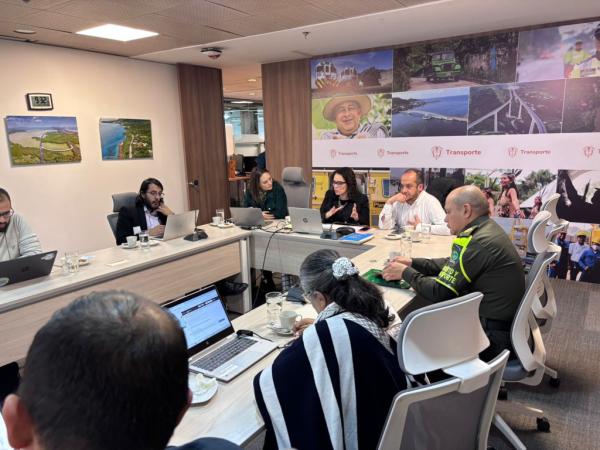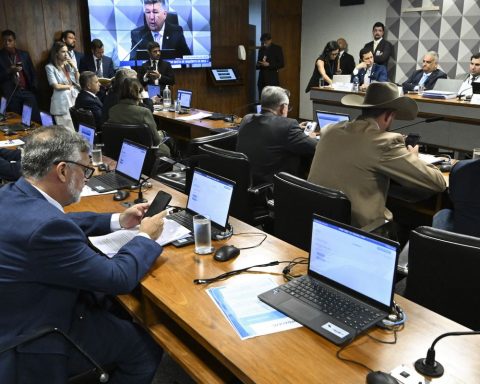Andrea Becerril
La Jornada Newspaper
Friday, January 3, 2025, p. 7
In the period of sessions that begins in February, the Senate will have to work intensely to have ready the secondary laws of 12 of the 16 constitutional reforms approved in recent months, so that these modifications to the Charter can be put into practice. Magna in toral themes.
As for the judicial reform, the first and most controversial, approved in September of last year, at the beginning of the current legislature, the four necessary regulatory laws were passed and are now in force.
Among these are the new Organic Law of the Judicial Branch of the Federation and the modifications to the General Law of Electoral Institutions and Procedures (Legipe) in order to include voting to integrate the Judicial Branch.
The regulatory norms for the constitutional reform on substantive equality were also modified and promulgated. Regarding the changes to the Magna Carta regarding housing, the Senate has already approved the new Infonavit Law, which has yet to be passed in the Chamber of Deputies.
Regarding the changes to articles 103, 105 and 107 of the Magna Carta, which establish constitutional supremacy and the unchallengeability of the additions or reforms made to this document, an initiative proposed by the presidents, as well as by the heads of the Political Coordination boards of the Senate and the Chamber of Deputies, it was considered unnecessary to issue a regulation.
Meanwhile, it was considered necessary to create regulatory laws that allow for changes to the Magna Carta regarding the rights of indigenous peoples and communities and those that leave control of the National Guard in the Secretariat of National Defense and assign it to it. new faculties.
The deadlines
Congress has 180 days from the enactment of these reforms, as well as to create the legal framework around the constitutional changes regarding animal protection, rail transportation, fentanyl, vaping devices, informal preventive detention and stewardship of the State in oil and electricity.
Regarding the also controversial constitutional reform that eliminated autonomous bodies (the so-called organic simplification), the Senate and the Chamber of Deputies will have to work quickly, since they have a period of 90 days to harmonize the changes in general.
However, with regard to the functions performed by the Federal Competition Commission and the Federal Telecommunications Institute, the secondary laws must be ready as soon as possible, because the transitional elements of the reform indicate that the new provisions on competition , free competition, telecommunications and broadcasting, respectively, will come into force 180 days after the publication of the respective laws in the Official Gazette of the Federation.
The Senate must also resolve what it will do with the reform that the Youth Building the Future program brings to the Constitution, which since September 24, 2024 was sent to it by the Chamber of Deputies, but was frozen due to observations by the Ministry of Finance regarding the budgetary impact it implies.
















